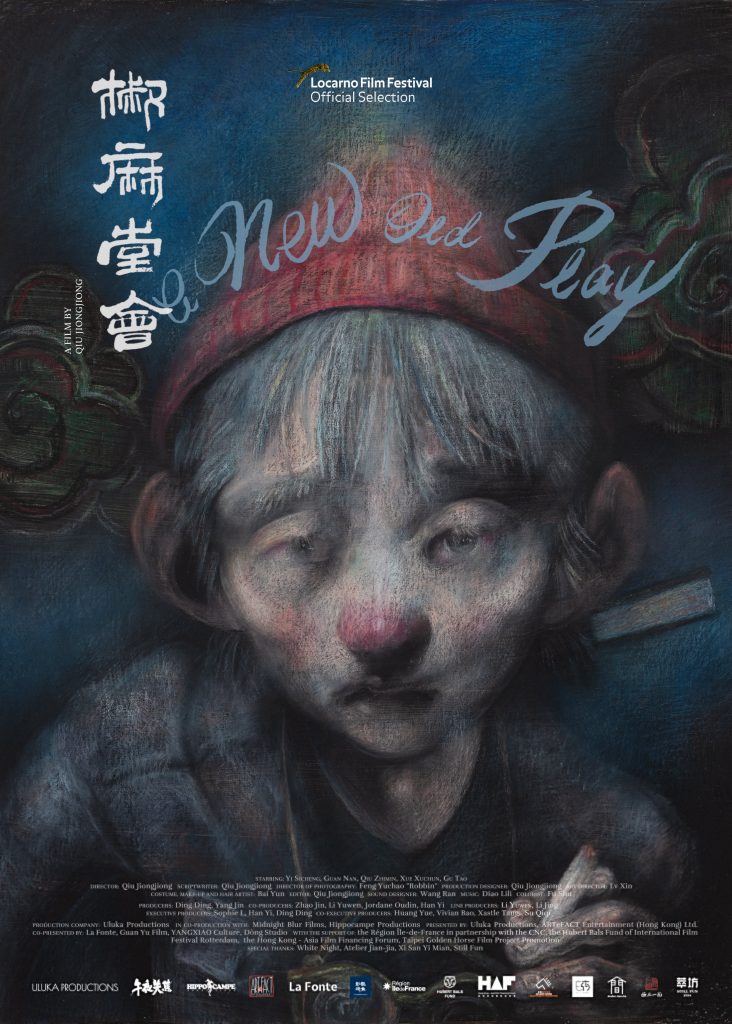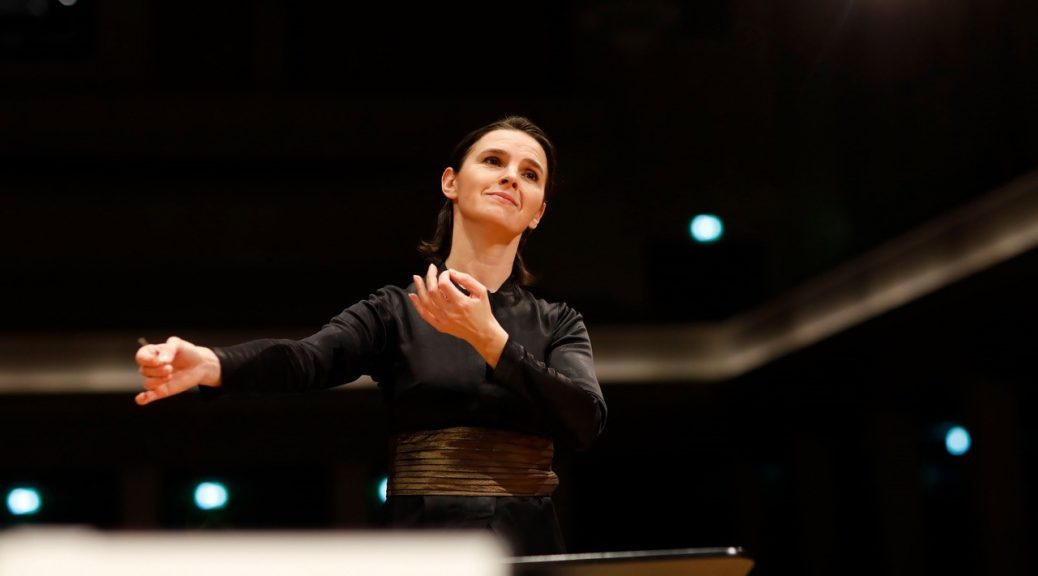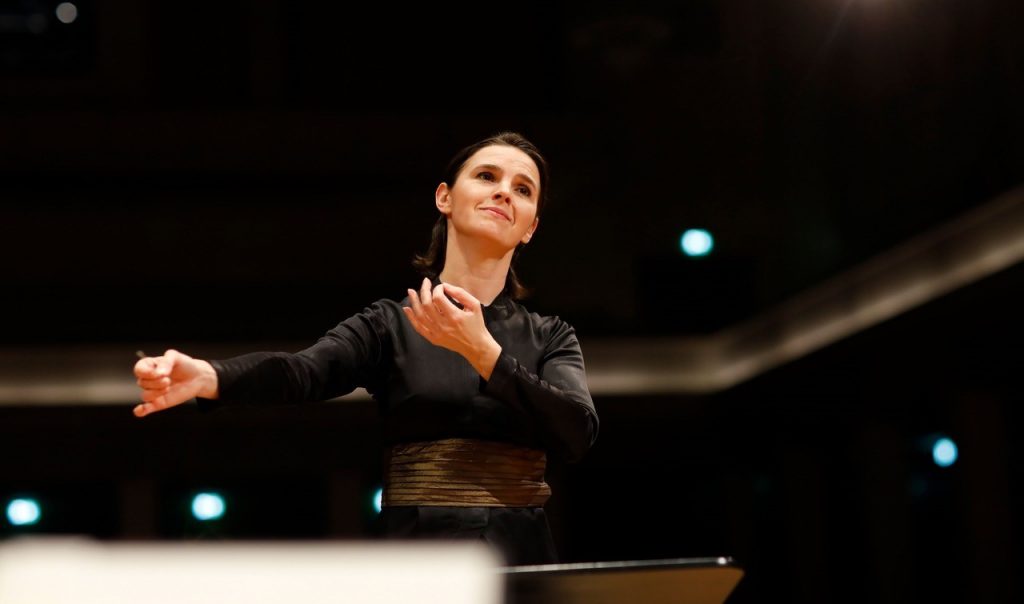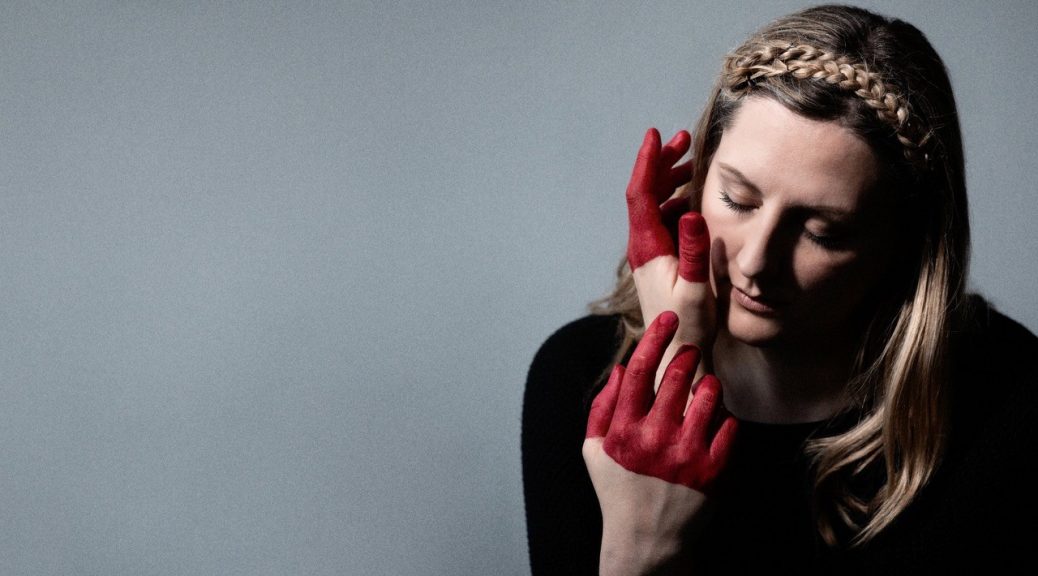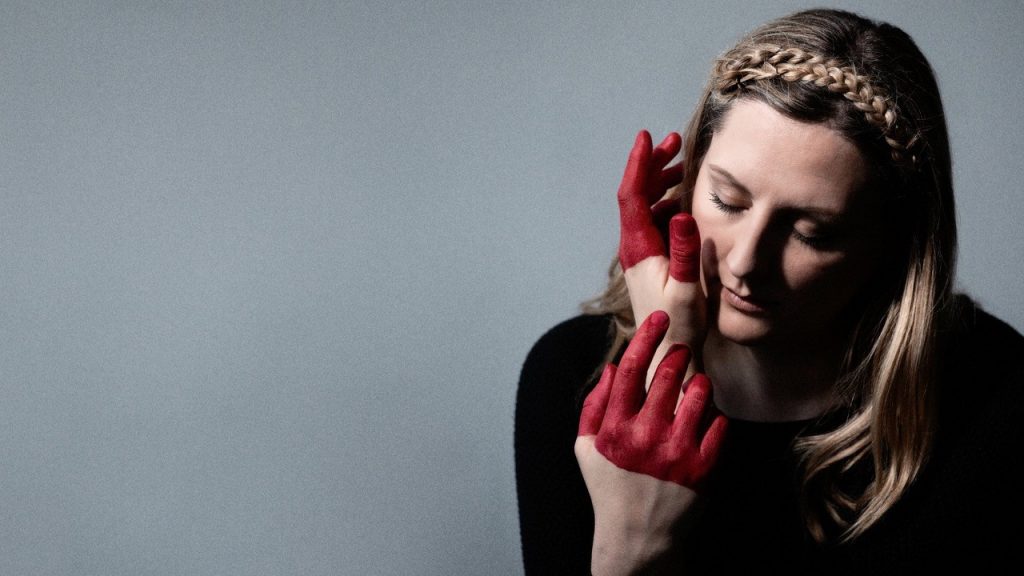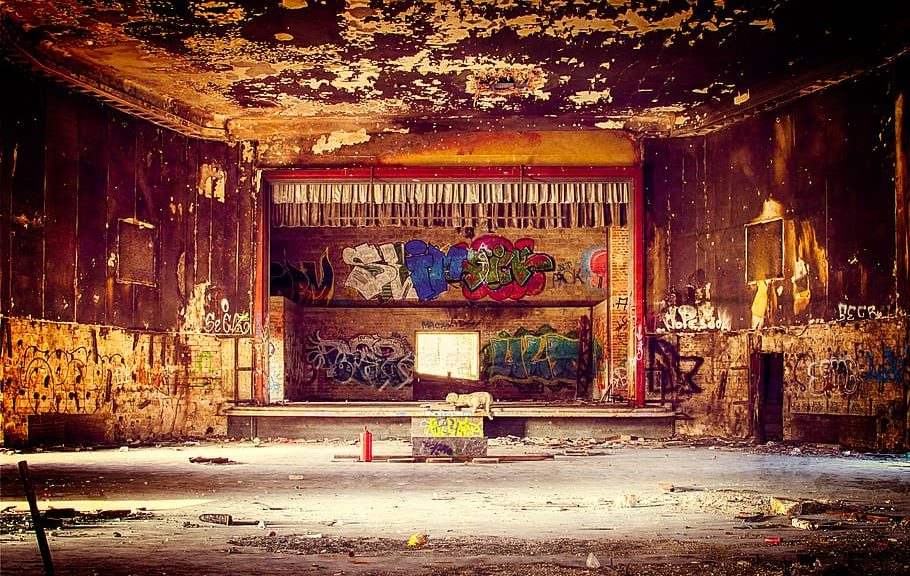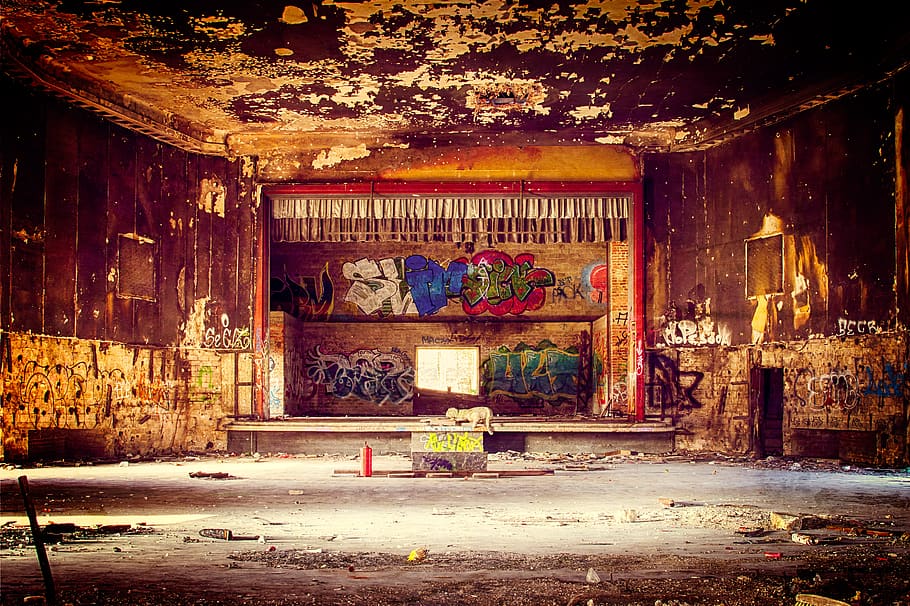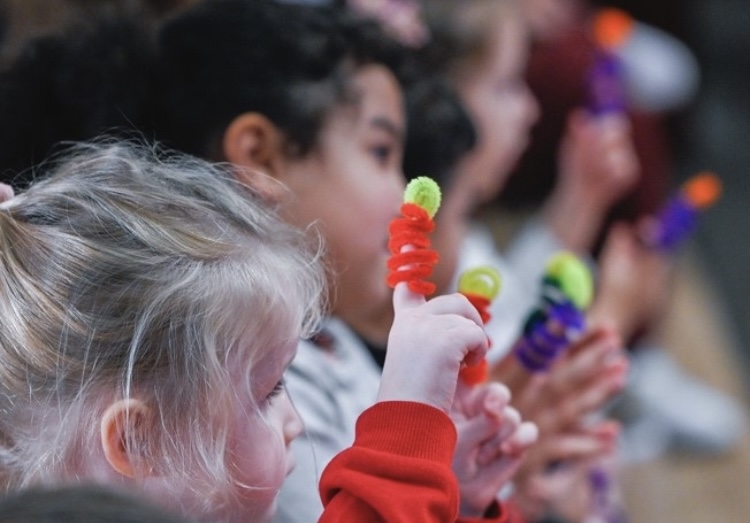Three theatres removed from Theatres at Risk Register but tough times still ahead, warns Theatres Trust
Theatres Trust, the charity that campaigns to protect the UK’s theatres, has published its annual Theatres at Risk Register, which highlights theatres across the UK under threat of closure, redevelopment or severe decay, but which all have the potential to be revived for their local communities. Theatres Trust has removed three theatres from the list, which are no longer considered at risk due to advocacy, planning and viability advice from Theatres Trust, along with the vital support of their respective local authorities, theatre operators and community groups.
Century Theatre, a unique travelling theatre that toured the country in the post-war years, is now looking more secure in its permanent home in Coalville Leicestershire. It had been threatened by the redevelopment of its site and had been added to the Theatres at Risk Register in 2014, but it is now better integrated into the local area and able to serve the local community with improved facilities.
Walthamstow Granada, a Grade II* listed ciné-variety theatre, had been empty and deteriorating until it was bought by Waltham Forest Council in 2019, with Soho Theatre Company on board as the operator. Having undergone a major refurbishment programme, it will reopen later this year as Soho Theatre Walthamstow, an exciting new London venue offering a mix of comedy, theatre, music and community activities.
The third building to be removed, Swansea Palace Theatre, is a distinctive Victorian music hall that has been on the Theatres at Risk list since it started in 2006. The building will not be reopening as a theatre but as office space, with the ability to accommodate small-scale performances and events. It was evident that there was not the demand in the city to make another theatre viable, so this sensitive scheme by Swansea Council (funded by the European Regional Development Fund and the Welsh Government, via its Transforming Towns programme), protects the building’s historic features and could easily be reversed in the future, making it the best outcome in this situation.
Theatres Trust is advocated for by high profile supporters including Gary Kemp and David Morrissey. Musician, actor and Theatres Trust board member Gary Kemp says, It is fantastic to see three significant theatres being removed from the Theatres at Risk list, as a result of campaigning and advice from Theatres Trust as well as the dedication of councils and local communities. The Theatres at Risk list is about finding the best use for buildings within their communities, so they can be enjoyed for many years to come, and these three theatres are shining examples of that.
Now in its 17th year, the Theatres at Risk Register calls the public’s attention to these important buildings, their challenges, and the significant cultural opportunities they can bring to local communities. Since the list began in 2006, more than 80 theatres have been restored, revived or had a suitable replacement built. This year’s list comprises 38 buildings, which all have strong architectural merit, cultural heritage or value to the local community as a performance venue.
Although they remain on the list, there has been good news for Spilsby’s Sessions House, which is a key project in a successful Levelling Up bid, and for Morecambe Winter Gardens, which will benefit from the same fund in the go-ahead to the neighbouring Eden Project North. Steady progress is also being made at other theatres remaining on the list, including Burnley Empire, Leith Theatre and Theatre Royal Margate, but these theatres face the same challenges as the wider sector, particularly escalating construction work costs and scarcity of funding amidst the fallout of the pandemic, cost-of-living crisis and the energy crisis.
Elsewhere on the list, the situation is looking bleak for Dudley Hippodrome and the Intimate Theatre in Enfield, where redevelopment plans that will lead to their demolition look certain to go ahead despite strong opposition by Theatres Trust and their local communities. Dudley Hippodrome, the only remaining lyric theatre in the town, is on a site approved for a new university centre. The Intimate Theatre, where a number of stars including Richard Attenborough and David Bowie performed early in their careers, will be redeveloped to build a new parish hall and residential accommodation.
No additional theatres were added to the Theatres at Risk Register this year, despite the challenging environment faced by theatres due to the ongoing effects of the pandemic, the cost-of-living crisis and funding cuts and shortfalls. Theatres Trust continues to provide free advice and support with the aim of preventing more theatres from reaching the critical stage of being added to the At Risk list, particularly taking into account the difficult challenges facing theatres this year and the resulting pressures being put on theatre buildings.
Theatres Trust Director Jon Morgan says, As the true impact of rising construction and energy costs, cost-of-living crisis and squeezed council budgets becomes known, the challenge to secure the futures of Theatres at Risk will be more difficult than ever and there is a real fear that more operational theatres may become ‘at risk’. However, despite the difficulties, local support and collaborative working still pays off and the opportunities these buildings offer their communities are immense.
Theatres Trust has recently launched Resilient Theatres: Resilient Communities, a new support and training programme aimed at helping Theatres at Risk and theatres in danger of becoming at risk. This is a three-year project made possible by a grant from The National Lottery Heritage Fund, and funding from the Pilgrim Trust and Swire Charitable Trust. The programme aims to reduce the threat to At Risk theatres and strengthen the sector’s resilience, by supporting communities operating theatre buildings, and communities considering taking over a theatre building.
The theatres appearing on the 2023 register are as follows:
Brighton Hippodrome
Theatre Royal Margate
Victoria Pavilion / Winter Gardens, Morecambe
Dudley Hippodrome
Hulme Hippodrome
Plymouth Palace
Victoria Theatre, Salford
Groundlings Theatre, Portsea
Spilsby Theatre
Streatham Hill Theatre, London
Theatr Ardudwy, Harlech
Winter Gardens Pavilion, Blackpool
Burnley Empire
Garston Empire, Liverpool
Intimate Theatre, London
Mechanics’ Institute, Swindon
Tottenham Palace Theatre, London
Leith Theatre, Edinburgh
Joe Longthorne Theatre, Blackpool
Roundhouse Theatre, Dover
Co-op Music Hall, Ramsbottom
Doncaster Grand
Garrick Theatre, Southport
King’s Theatre, Dundee
Amulet Theatre, Shepton Mallet
Conwy Civic Hall (Cube)
Derby Hippodrome
Borough Hall, Greenwich
Kings Theatre, Kirkcaldy
Thameside Theatre, Grays
Tameside Hippodrome, Ashton-under-Lyne
Globe Theatre, Plymouth
Imperial Theatre, Walsall
Regent Theatre, Great Yarmouth
Clair Hall, Haywards Heath
Netherton Arts Centre, Dudley
Theatre Royal, Hyde
Theatre Royal, Manchester
Assessment criteria for each theatre is available via www.theatrestrust.org.uk/how-we-help/theatres-at-risk/theatres-at-risk-assessment-criteria and full case studies on each can be seen on the Theatres Trust website.
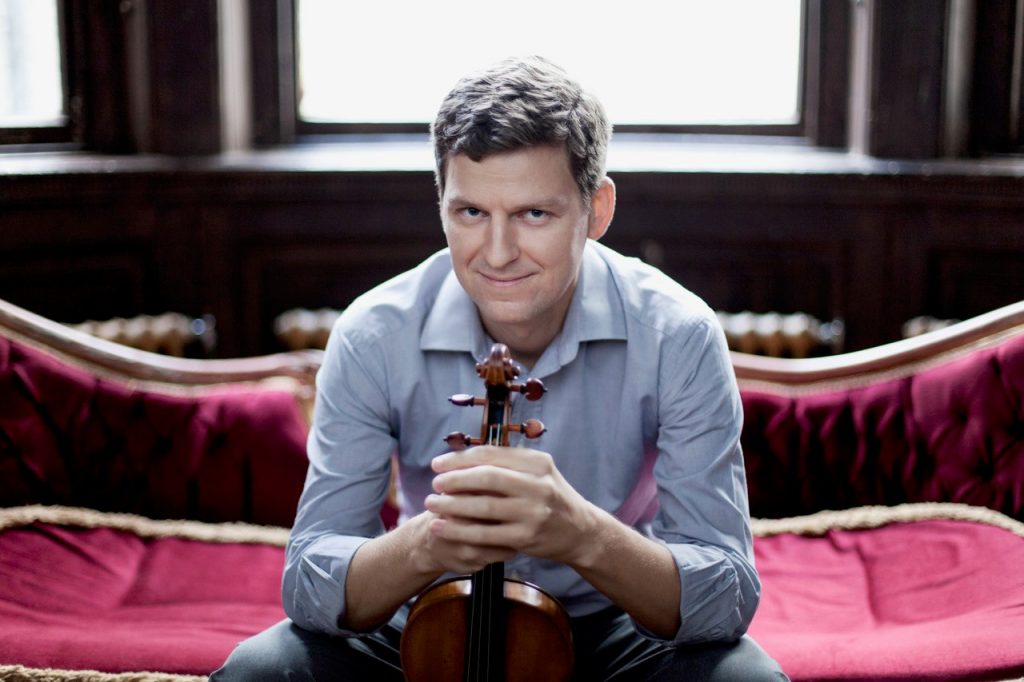
 (3 / 5)
(3 / 5)

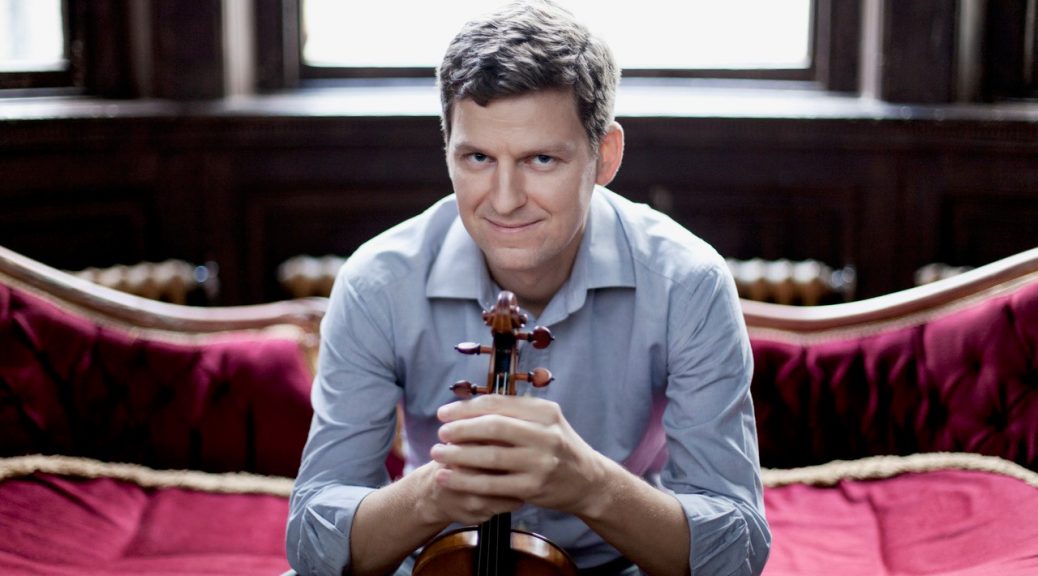
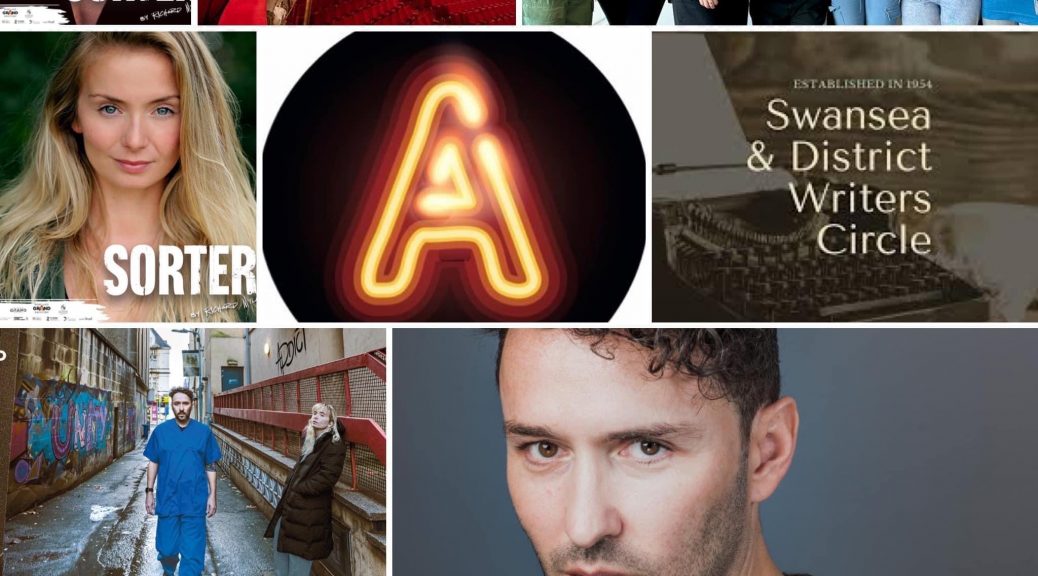

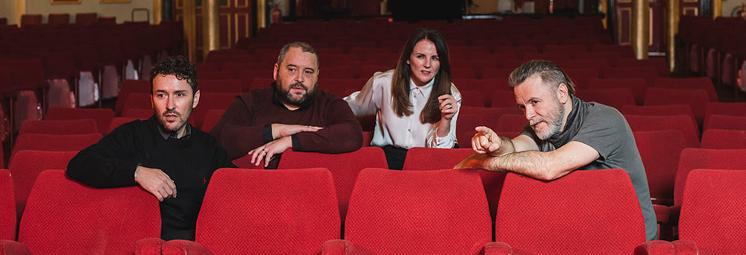
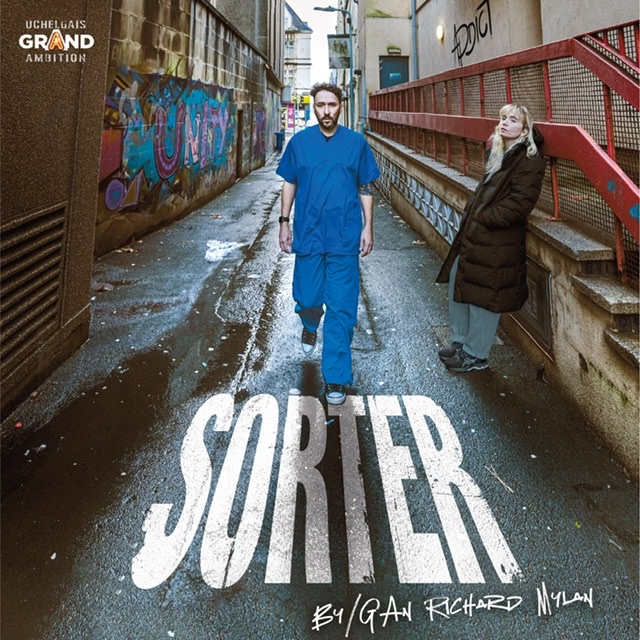
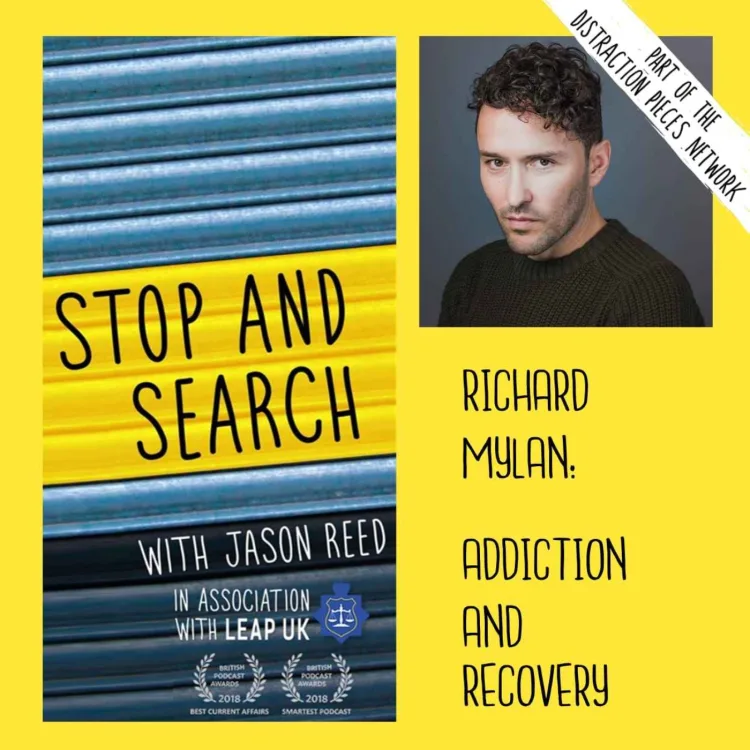
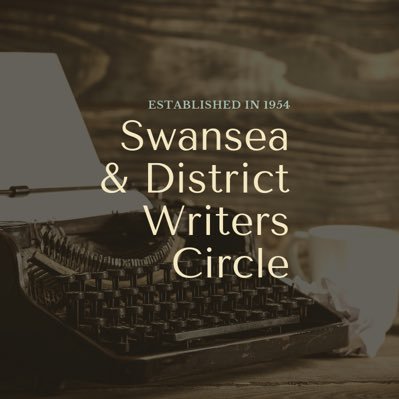
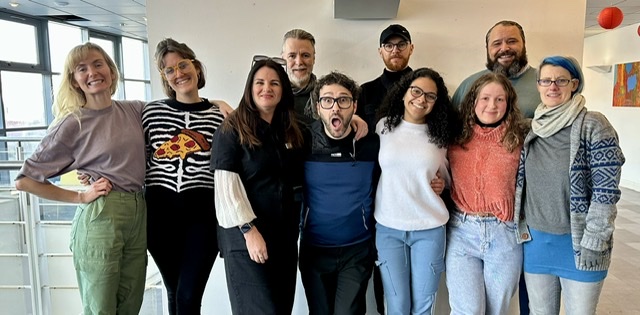


 (4 / 5)
(4 / 5)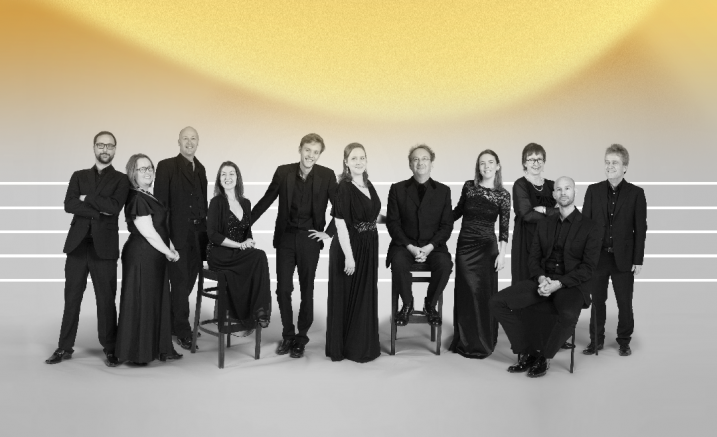
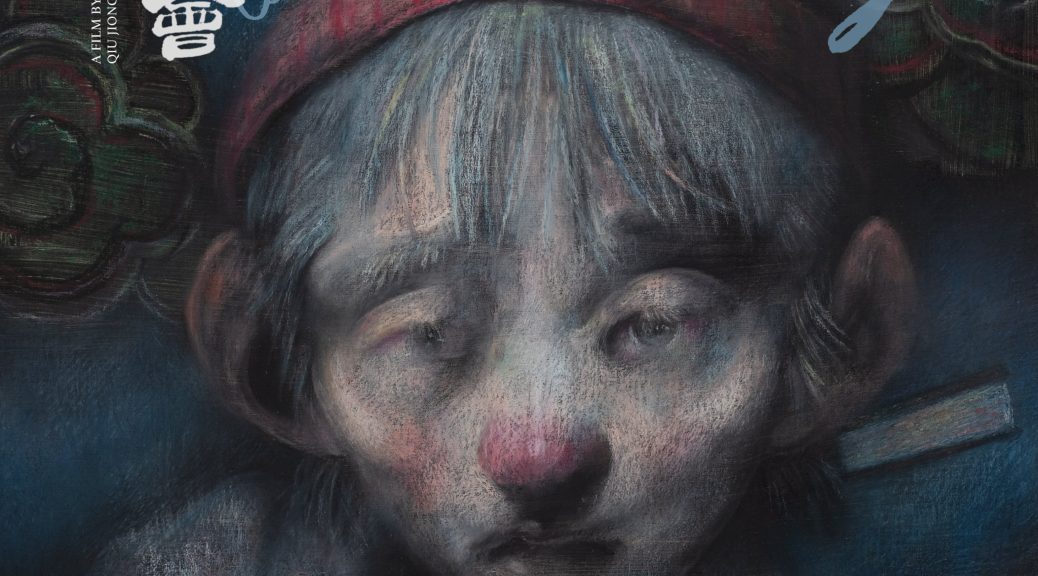
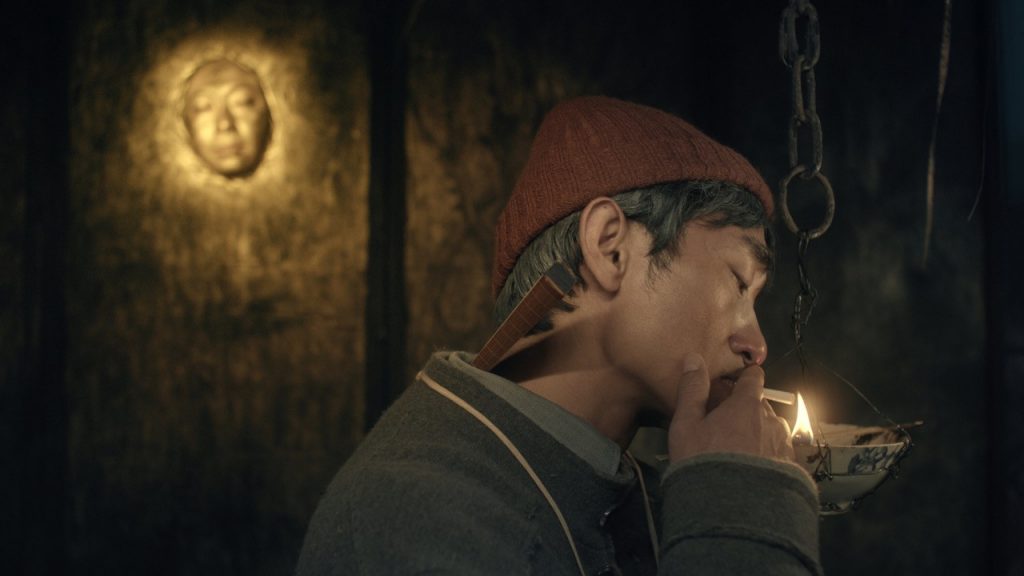
 (5 / 5)
(5 / 5)